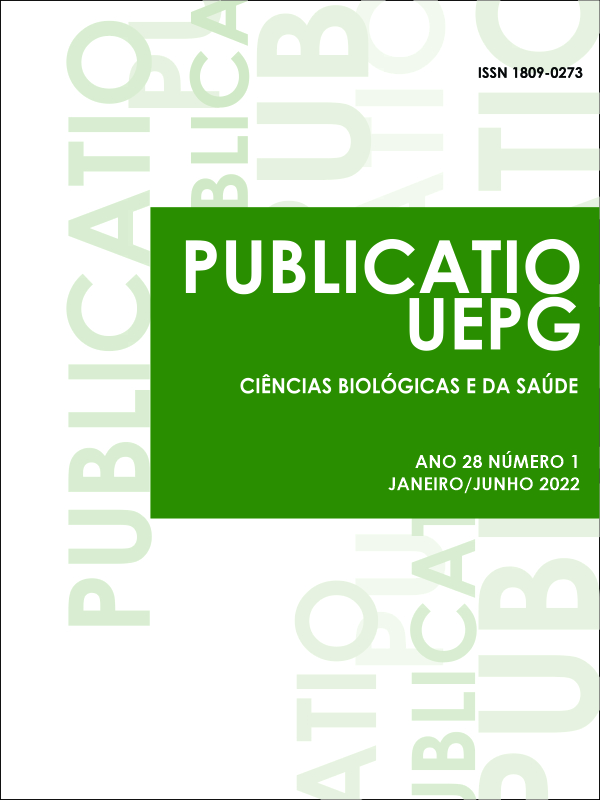ALTERAÇÕES INTESTINAIS INFLAMATÓRIAS DO ESTRESSE OXIDATIVO NA SÍNDROME DA HIPERTENSÃO PORTAL: AÇÃO DA GLUTAMINA
Abstract
Portal hypertension (PH) is characterized by a pathological increase in portal pressure, involving hemodynamic and redox disorders. For PH, supplementation with glutamine (GLU) has a therapeutic potential, mainly due to its antioxidant action. Therefore, the aim of this study was to evaluate the antioxidant action of GLU on oxidative stress and the role of nitric oxide on the intestine in the PH model. 24 male Wistar rats divided into groups: Sham-operated (SO), SO + GLU, partial portal vein ligation (PPVL), PPVL+GLU. Analyzes were performed: histological, oxidative and nitrosative stress. There was a statistically significant increase in portal pressure in the groups with PPVL. In the histological evaluation, there were pathological alterations in the PPVL group, while in the PPVL +GLU group the mucosa was like the controls. As for the levels of TBA-RS in the intestine, there was a statistically significant increase in the PPVL group compared to PPVL+GLU. While there was a significant decrease in SOD enzyme and nitric oxide metabolites, comparing the same groups. Therefore, GLU was effective in reducing the damage resulting from the PH model in the intestine by PPVL and thus, it can be suggested as a therapeutic alternative in the attenuation of PH.
Downloads
Published
Issue
Section
License

Este obra está licenciado com uma Licença Creative Commons Atribuição 4.0 Internacional.
Esta licença permite que outros distribuam, remixem, adaptem e criem a partir do seu trabalho, mesmo para fins comerciais, desde que lhe atribuam o devido crédito pela criação original. Este posicionamento está de acordo com as recomendações de acesso aberto da Budapest Open Access Initiative (BOAI).


